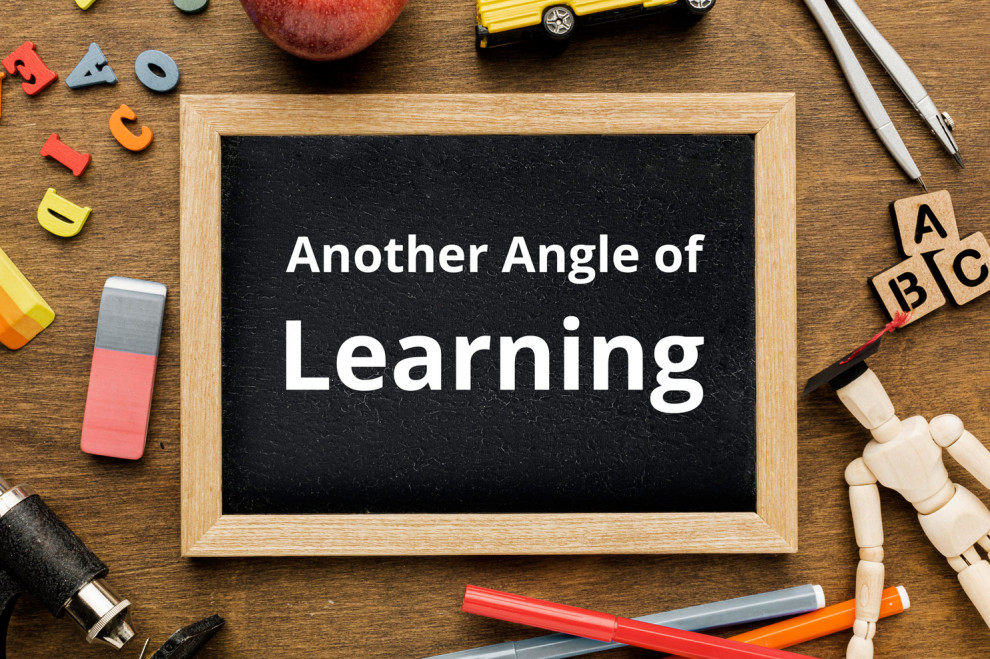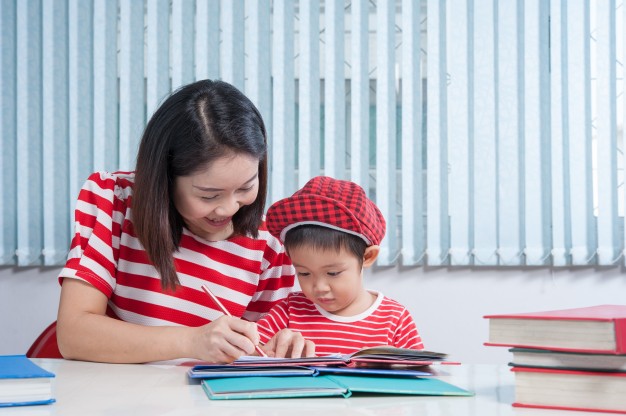
The dominant parents’ attitudes and values towards encouraging their children to take extra tutorial classes to get good grades and pass examinations are what child and adolescent psychiatrists have concerned. In my view, they might get good grades, but taking extra tutorial classes confines children to a small square room, which does not allow them to learn and experience other things or to develop themselves properly according to their age.
Prof. Dr. Howard Gardner, a psychologist at Harvard University, has proposed the Theory of Multiple Intelligences which refers to different kinds of human intelligences that are equally important. Each person has his/her own outstanding intelligences which make him/her unique. The theory refers to eight different kinds of intelligences as follows:
- Linguistic intelligence – the ability to listen, speak and use languages
fluently
- Logical-mathematical intelligence – the ability to think logically and solve maths
and science problems
- Visual-spatial intelligence – the ability to visually perceive shapes,
distances, directions and positions as well as understanding their
relationships
- Bodily-kinesthetic intelligence – the ability to manipulate body parts including
one’s agility, strength, speed, flexibility and meticulousness
- Musical intelligence –
the ability to appreciate the aesthetic of music
- Interpersonal intelligence – the ability to build relationships and
understand other people’s feelings
- Intrapersonal intelligence – the ability to understand one’s own feelings
and express them properly
- Naturalistic intelligence – the ability to learn about natural surroundings such as animals, plants and environments
Suggestion for Parents

2. Accept who your children are and what they are able to do. Set expectations for them based on the reality. Besides, be
flexible and inspire them to learning motivation.
3. Always encourage your kids to learn by themselves such as reading fables, comics and literature. Reading is an important foundation of learning, but I have found out that many children do not like to read. So, parents should always read them books. Once they love to read, they will choose good books to read by themselves.

4. Provide safe areas where children can play happily to develop
their coordination of hands, eyes, arms and legs. For example, running, riding a bicycle,
swimming, playing a sport, and playing in a group which encourages children to
adapt themselves and build good relationships with others. Besides, prepare fun
indoor activities such as drawing, painting, doing jigsaw puzzles and playing
with Legos.
5. Do family activities together, for example, cooking, doing household chores, planting, watering plants and arranging your home. Such activities do not only strengthen family bonds, but also enable children to plan, solve problems and be observant, generous, selfless, patient, diligent, and caring. However, the practice for possessing those attributes should begin with easy tasks.

6. Inculcate moral values in your children. Teach them to be both a giver and a
receiver, kind, generous and humble, as well as showing respect to the elderly
– all of which are the characteristics of Thai culture that Thai people are
proud of. Also, take children to temples to make merit and offer food to monks,
together with taking them to visit relatives and letting them participate in
voluntary activities.
7. If you live in a city, spend a vacation with your children by taking them to experience environmentally friendly ways of life of people living in different cultures and traditions like ASEAN countries. Such valuable experience enables them to learn, realise and adapt themselves to cultural diversity and globalisation while appreciating the uniqueness of Thai culture.
Prof. Dr. Howard Gardner’s Theory of Multiple Intelligences will help broaden parents’ viewpoints on different kinds of intelligences that have influences on children’s learning and help parents to fulfill and develop their abilities to the full. Teaching them to love and understand themselves and building good relationships with others allow them to grow happily in this not-so-pleasant world.
 Article written by: Patimoke Phromchuay, MD, Child and adolescent psychiatrist
Article written by: Patimoke Phromchuay, MD, Child and adolescent psychiatrist




